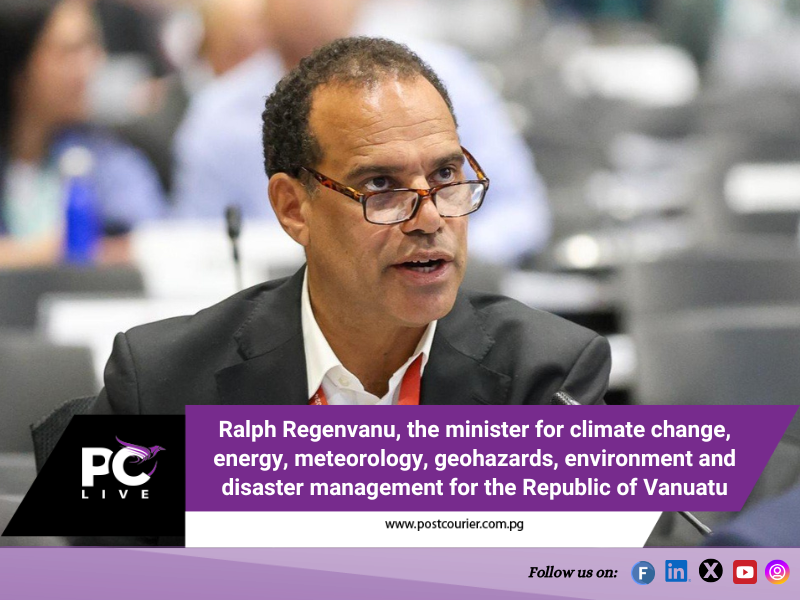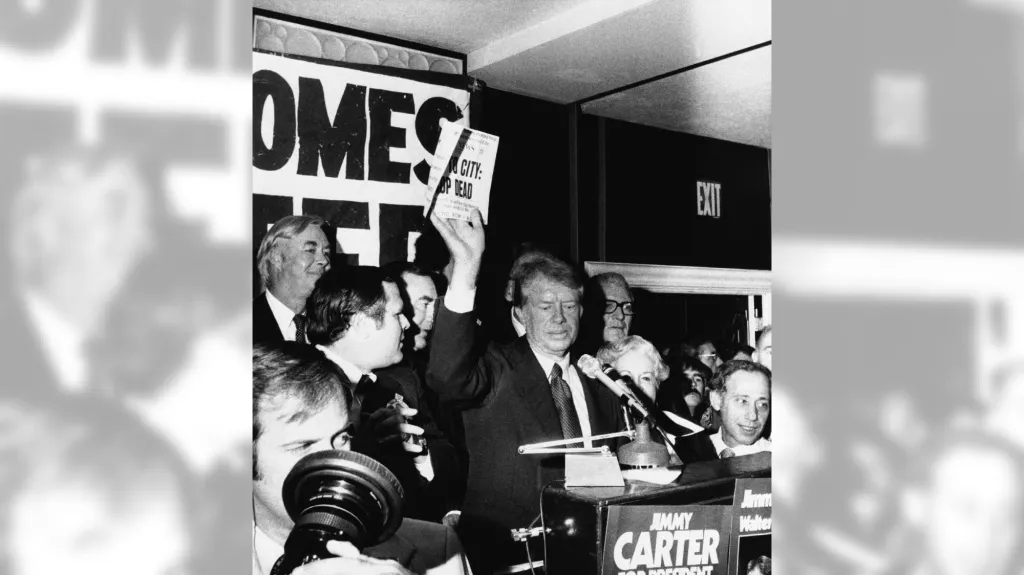Copyright postcourier

An online briefing held at 1 pm Vanuatu time on Wednesday 29 October explored the landmark International Court of Justice Advisory Opinion on states’ obligations regarding climate change, and its significance for accountability, ambition, and climate diplomacy at COP30 as well as questions around COP31 and Australia’s environmental laws. In his talk, Ralph Regenvanu, the minister for climate change, energy, meteorology, geohazards, environment and disaster management for the Republic of Vanuatu, discussed how climate-vulnerable Pacific countries could use a new tool for holding major polluters to account, and also emphasized the duty of cooperation, particularly in terms of financing, technological transfer and support. “This is the first UNFCCC COP since the ICJ Advisory Opinion was handed down. The ICJ has created a new tool that we could use as vulnerable countries. Unfortunately, we have low expectations of COP again. And we are expecting that some of the frustration that will arise from COP will add to the support for our resolution at the UNGA. But coming into COP, we’ve got to realize that we’re in this global shadow of a period of geopolitical upheaval. Across the board, militarization, increasing spending on materialization, reduction in ODA. We’re seeing the tipping points happening in front of our eyes. Vishal Prasad, director, Pacific Islands Students Fighting Climate Change, said: “It is with legal clarity that we demand two things for COP30. First, is that the ICJ reiterates that the IPCC is the best available science for global climate policy and states that it must use all the means at its disposal to prevent climate harm. At COP30, we need an outcome that translates this into practice. A commitment to end fossil fuels, to see a fossil fuel phase-out, and the end of fossil fuel subsidies as necessary steps to discharge this legal obligation. Second, the ICJ confirms that developed countries have a legal obligation to provide finance. “For those asking the question of what’s new, and what’s new that the advisory opinion brings, the ICJ did not invent new law, new climate law. It clarified it, and in doing so, it raised the floor for climate politics. It tells us that business as usual is not a neutral choice anymore, it is a breach. It tells us that finance shortfalls, fossil fuel subsidies, and weak NDCs are not just abstract policy debates anymore, they are potential violations of international obligations with consequences. And it gives vulnerable states and communities a legal backstop. If cooperation fails. The law has finally caught up to the science, and together they both provide a strong impetus for COP30 to deliver. Dr Sindra Sharma, international policy lead at the Pacific Islands Climate Action Network (PICAN) described COP 30 as unique and important for real shift. .“The strength that the court gave us is to take us back to the science and for the depoliticization of science, as we head to this COP. This is a unique and important COP. It’s been 10 years since the Paris Agreement. We’re coming back to the birthplace of the Rio Conventions. There’s a lot of weight in hosting a COP in the lungs of the Earth, in the Amazon. And we’ve heard that this is an implementation COP, that this is a COP where we’re going to see a real shift and change, to the right direction, to course correct, from the ambition that we have been seeing that is lacking. The decision is a significant opportunity to use it in a way across the different agenda items that need to be negotiated at the COP, and see systemic shift to the right direction. The court confirmed that duties flow from treaty law, customary law, customary international law, the law of the sea, and human rights, and these bodies of law inform each other. So, in practice. Science no longer just guides policy; it sets the due diligence standard. And we’re going into this COP with that, as we’re heading to course correcting the trajectory of travel that the NDCs are pointing us to, course correcting us back to 1.5. Pacific region contributes little to global emissions. Yet we live at the front lines of the crisis, from melting last year’s in the Andes, to fires in the Amazon, from droughts in the Chaco, to hurricanes devastating the Caribbean. The Inter-American Court was explicit that the energy transition must be just, ensuring that measures to reduce emissions protect people, workers, and ecosystems. States must safeguard human rights and avoid new forms of inequality. Our transition cannot sacrifice communities to save the planet. It must protect both. Mariana Campos from the World Youth for Climate Justice Latin America Convenor stated that for the first time, Latino and the Caribbean will host a COP with this legal clarity behind us. “COP30 at the heart of the Amazon is not just another climate summit. It’s where law should meet reality. The ICJ and Inter-American Court opinions give negotiators the tools to ask for the alignment of national climate plans with the 1.5 degrees goal. To make climate finance fair and predictable. And to treat loss and damage, not as aid, but as justice. And they also empower us, the people of Latin America and the Caribbean, to lead by example to show that the phase-out of fossil fuels can be done in a way that respects human rights”.



